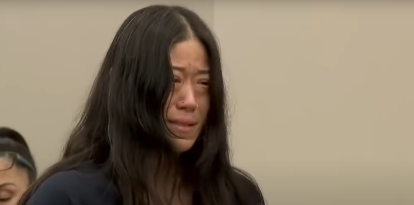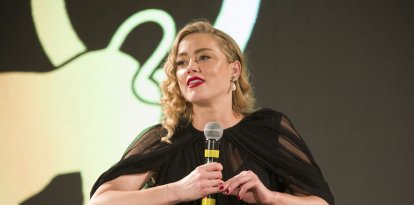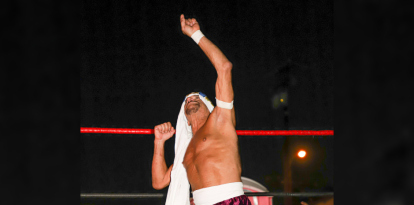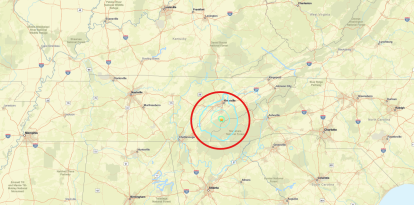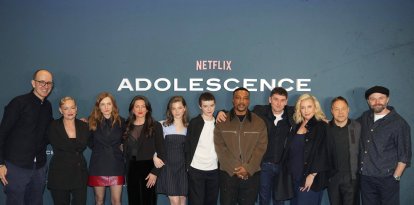Australian doctor manages to contain a terminal brain tumor after undergoing an experimental treatment he designed himself
Richard Scolyer was diagnosed with glioblastoma last year. Twelve months later, his last MRI shows that there is no trace of the brain tumor.
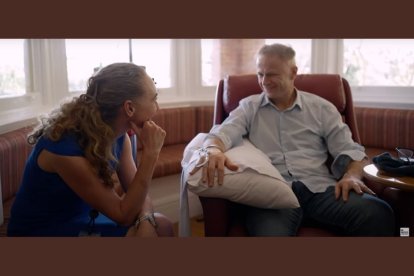
(YouTube: ABC News In-depth)
Dr. Richard Scolyer achieved a scientific milestone that could be decisive in cancer treatment. The Australian doctor and co-director of the Melanoma Institute Australia, who was diagnosed with glioblastoma a year ago, has managed to contain this cancer after undergoing an experimental treatment that he designed himself. His latest MRI shows, Scolyer announced, that there is no recurrence of the tumor. That is, he is cancer-free.
This achievement, although it does not mean that Dr. Scolyer is permanently cured, is a major scientific advancement. Glioblastomas have a very low prognosis, less than 12 months. The Australian doctor has lived with the tumor for more than a year.
This is all thanks to a treatment that he, along with the help of his colleague Georgina Long, designed. Both, BBC reported, are experts in the treatment of melanoma, a skin cancer, and created a new technique that Dr. Scolyer decided to apply to himself after learning that he had brain cancer.
He decided to use the mechanism that he was developing to combat his disease and decided to use the immune system that the body naturally has to attack cancer cells. The procedure is known as combined immunotherapy and was accompanied by a "personalized" vaccine for his tumor.
Dr. Richard Scolyer is 'thrilled and delighted' with the first results of his brain tumor treatment
The discovery, although relevant, does not ensure that Dr. Richard Scolyer will survive his brain tumor. In fact, he assured that the possibilities are "minuscule" although, he says, he is "thrilled and delighted" with the preliminary results:
Meanwhile, he and Professor Long continue to develop their treatment. This research could help the more than 300,000 people who are diagnosed with a brain tumor each year. Although, to do this, says Professor Long, they still have to continue working:
Dr. Scolyer states that he is very proud of the first data that his treatment has collected and that he thanks the medical team and, especially, his family for supporting the "experiment":
RECOMMENDATION
